- Nositelj kolegija: Gordana Blagojević Zagorac
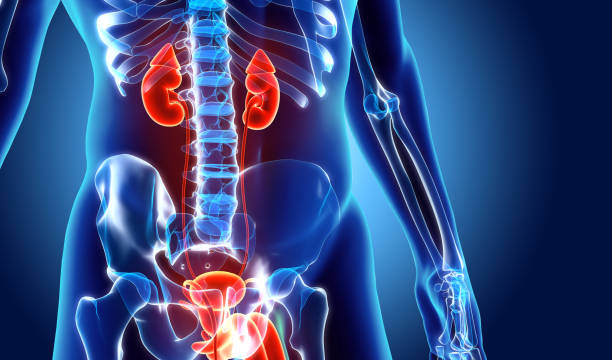
- Nositelj kolegija: Josip Španjol
- Izvođač kolegija: Juraj Ahel
- Izvođač kolegija: Antun Gršković
- Izvođač kolegija: Kristian Krpina
- Izvođač kolegija: Dean Markić
- Izvođač kolegija: Romano Oguić
- Izvođač kolegija: Stanislav Sotošek
The Toxicology course is an optional course in the fourth year of the Integrated Undergraduate and Graduate University Study in Medicine and consists of 25 hours of seminars (1.5 ECTS).
The aim of the course is to train students for active and professional involvement in the processes of monitoring, control and protection against the effects of toxic substances on the human body, as well as on other living beings, and for the prevention and treatment of poisoning; developing a critical approach to the toxicity of certain poisons and potentially toxic substances.
The content of the course is as follows:
Toxicology of drugs; Substances of addiction; Toxicology of food and drinking water: additives and contaminating substances in food and drinking water, drugs in veterinary medicine; Diagnosis and treatment of acute poisoning; Diagnosis and treatment of chronic poisoning; Manifestations of poisoning on target organs - diagnosis and therapy of poisoning: immunotoxicology; toxicology of the respiratory system, liver, kidneys, skin, eye, central nervous system, reproductive and cardiovascular systems; Urgent conditions in toxicology; Peculiarities of treatment of poisoning in children, pregnant women and the elderly; Poisonous plants and animals; Poisoning by marine organisms; Control of biological drugs.
- Nositelj kolegija: Jasenka Mršić-Pelčić
- Nositelj kolegija: Nataša Katalinić
- Nositelj kolegija: Tomislav Rukavina
- Izvođač kolegija: Lovorka Bilajac
- Izvođač kolegija: Denis Juraga
- Izvođač kolegija: Mihaela Marinović Glavić
- Izvođač kolegija: Darko Roviš
- Izvođač kolegija: Vanja Vasiljev
Simulation of Clinical Skills is a mandatory course on the sixth year of the Integrated Undergraduate and Graduate University Study of Medicine in English. Comprising 8 hours of lectures and 125 hours of practicals, the course totals 133 hours, accounting for 6 ECTS.
The course is facilitated by an experienced team of medical educators and physicians from different departments, including Anaesthesiology, Resuscitation, Emergency, and Intensive Care Medicine, Internal Medicine, Gynaecology and Obstetrics, and Paediatrics. These educators are based at the Faculty of Medicine, University of Rijeka, and Clinical Hospital Centre Rijeka.
The primary objective of this course is to equip sixth-year medical students with the skills necessary to effectively respond to a variety of emergency medical conditions using simulation techniques. The course endeavours to enhance students’ decision-making skills, hone their clinical judgement, and develop their communication and teamwork abilities. This is achieved through a combination of concise theoretical overviews of specific medical skills and/or emergency medical conditions, and the practical application of this knowledge in simulations of real-world scenarios.
- Nositelj kolegija: Janja Tarčuković
- Izvođač kolegija: Erika Šuper-Petrinjac
- Nositelj kolegija: Sven Maričić
- Nositelj kolegija: Tatjana Bogović Crnčić
- Nositelj kolegija: Lovorka Bilajac
- Izvođač kolegija: Denis Juraga
- Izvođač kolegija: Sven Maričić
- Izvođač kolegija: Mihaela Marinović Glavić
- Izvođač kolegija: Darko Roviš
- Izvođač kolegija: Tomislav Rukavina
- Izvođač kolegija: Vanja Vasiljev
Psychological medicine is a clinical discipline that helps doctors and patients improve the ways to deal with the disease and the treatment process. This is important in all medical disciplines because no clinical practice can ignore the psychological and emotional reactions of patients and doctors. Psychological medicine emphasizes the position of the patient as an integral human being, in a specific social environment, through different life phases and in all life circumstances.
The main goal of the course is to develop the sensitivity and understanding of the psychological aspects of physical illness and the ability to observe and recognize emotional interactions between patients and doctors.
Course objectives are:
- Understanding the relationship between patient – physician - disease
- Identifying the psychological components of the disease
- Explaining and defining transference and countertransference
- Assessment of the factors that shape attitudes towards the disease and the patient
- Explaining the significance of empathy
- Explaining the psychological reactions to the disease
- Explaining the psychological factors that contribute to the onset of the disease
- Explaining the psychological factors as the disease modulators
Upon completion of the course the student will:
- Adopt communication skills and conduct an interview with a patient
- Assess and describe the psychological condition, symptoms of anxiety, stress, crisis, and mourning reactions
- Identify transference and countertransference reactions
- Develop empathy for patients, family members of patients, colleagues, and other professional associates
- Nositelj kolegija: Ana Kaštelan
- Izvođač kolegija: Sandra Blažević Zelić
- Izvođač kolegija: Sandra Blažević Zelić
- Izvođač kolegija: Sanja Brozan
- Izvođač kolegija: Jasna Grković
- Izvođač kolegija: Mersad Muminović
- Izvođač kolegija: Aristea Pavešić Radonja
- Izvođač kolegija: Jelena Rebić
- Izvođač kolegija: Ilijana Stanivuk
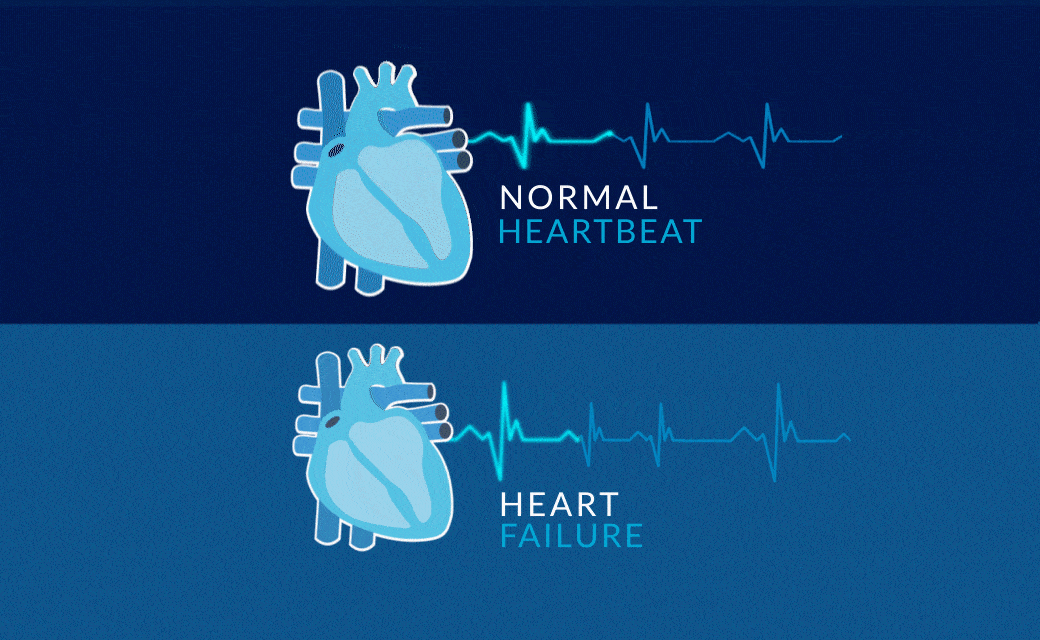
- Nositelj kolegija: Zlatko Trobonjača
- Izvođač kolegija: Gordana Blagojević Zagorac
- Izvođač kolegija: Božena Ćurko-Cofek
- Izvođač kolegija: Kristina Grabušić
- Izvođač kolegija: Hrvoje Jakovac
- Izvođač kolegija: Gordana Laškarin
- Izvođač kolegija: Silvija Lukanović Jurić
- Izvođač kolegija: Hana Mahmutefendić Lučin
- Izvođač kolegija: Ines Mrakovčić-Šutić
- Izvođač kolegija: Alen Omerović
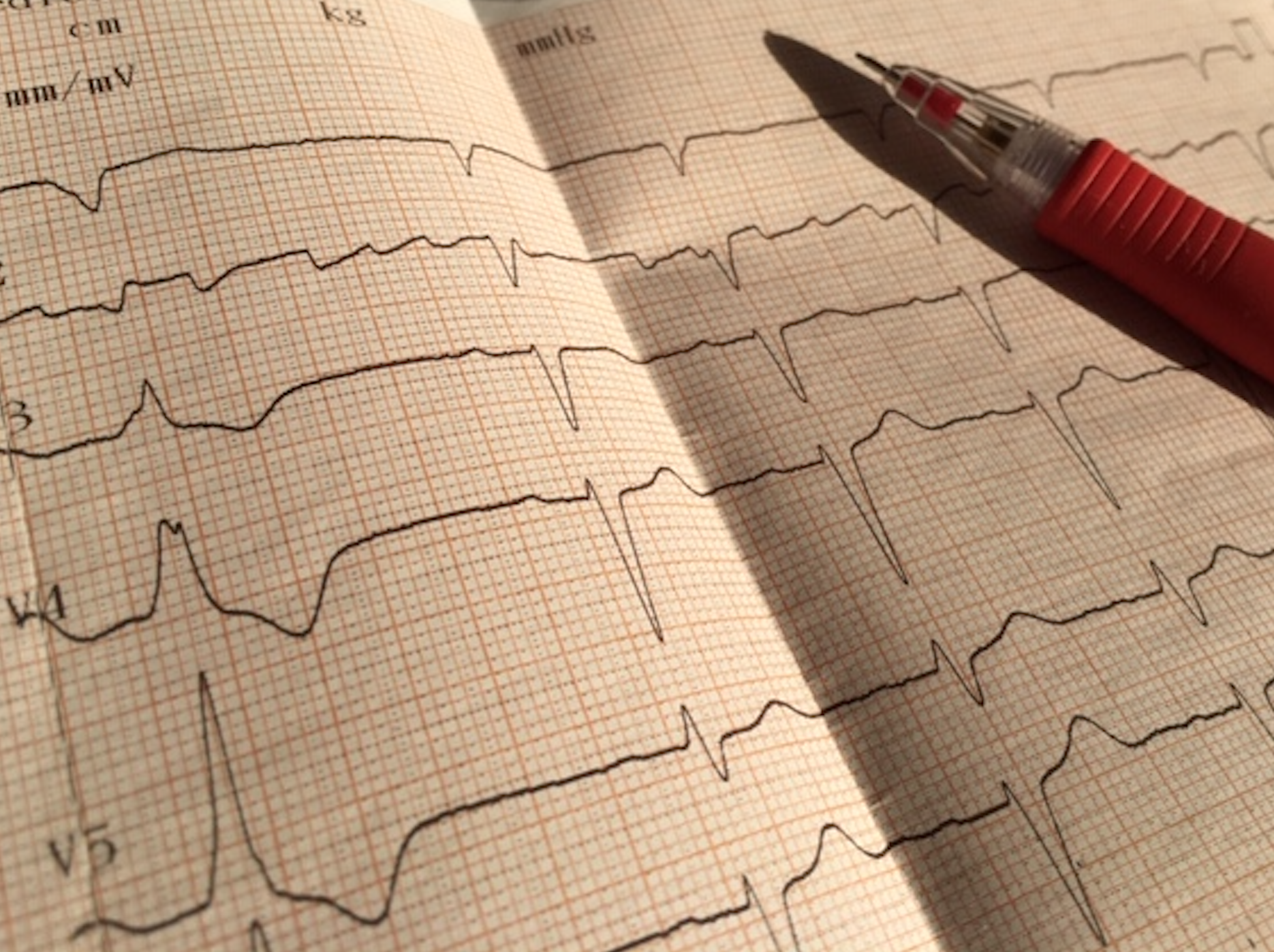
- Nositelj kolegija: Jagoda Ravlić-Gulan
- Nositelj kolegija: Ines Mrakovčić-Šutić
- Izvođač kolegija: Tamara Gulić
- Izvođač kolegija: Natalia Kučić
- Izvođač kolegija: Pero Lučin
- Izvođač kolegija: Hana Mahmutefendić Lučin
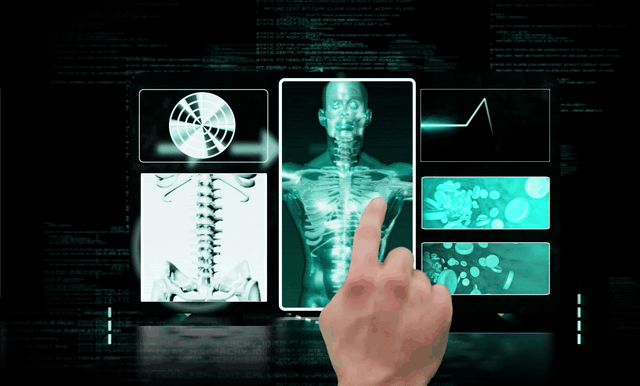
- Nositelj kolegija: Slaven Jurković
- Izvođač kolegija: Marijana Majetić
- Izvođač kolegija: Marija Musulin
- Izvođač kolegija: Gordana Žauhar
- Nositelj kolegija: Lovorka Bilajac
- Izvođač kolegija: Mihaela Marinović Glavić

- Nositelj kolegija: Kristina Pilipović
- Izvođač kolegija: Petra Dolenec
- Izvođač kolegija: Anja Harej Hrkać
- Izvođač kolegija: Tamara Janković
- Izvođač kolegija: Lea Juretić
- Izvođač kolegija: Sandra Knežević
- Izvođač kolegija: Iva Kristić
- Izvođač kolegija: Silvestar Mežnarić
- Izvođač kolegija: Jasenka Mršić-Pelčić
- Izvođač kolegija: Jelena Rajič Bumber
- Izvođač kolegija: Dinko Vitezić
- Izvođač kolegija: Vera Vlahović-Palčevski
- Nositelj kolegija: Emina Babarović
- Izvođač kolegija: Manuela Avirović
- Izvođač kolegija: Gordana Đorđević
- Izvođač kolegija: Senija Eminović
- Izvođač kolegija: Dora Fučkar Čupić
- Izvođač kolegija: Ita Hadžisejdić
- Izvođač kolegija: Ksenija Jurinović
- Izvođač kolegija: Dražen Kovač
- Izvođač kolegija: Koviljka Matušan Ilijaš
- Izvođač kolegija: Elvira Mustać
- Izvođač kolegija: Irena Seili-Bekafigo
- Izvođač kolegija: Cristophe Štemberger
- Izvođač kolegija: Sanja Štifter
- Nositelj kolegija: Kristina Lah Tomulić
- Izvođač kolegija: Srđan Banac
- Izvođač kolegija: Kristina Baraba Dekanić
- Izvođač kolegija: Iva Bilić Čače
- Izvođač kolegija: Sanja Flajšman-Raspor
- Izvođač kolegija: Izabela Kranjčec
- Izvođač kolegija: Goran Palčevski
- Izvođač kolegija: Igor Prpić
- Izvođač kolegija: Jelena Radić Nišević
- Izvođač kolegija: Srećko Severinski
- Izvođač kolegija: Arijan Verbić
- Izvođač kolegija: Inge Vlašić Cicvarić
- Izvođač kolegija: Jadranka Vraneković
- Izvođač kolegija: Maja Zaninović
- Nositelj kolegija: Robert Domitrović
- Izvođač kolegija: Iva Suman
- Nositelj kolegija: Lara Batičić
- Nositelj kolegija: Tatjana Bogović Crnčić
- Izvođač kolegija: Neva Girotto
- Izvođač kolegija: Maja Ilić Tomaš
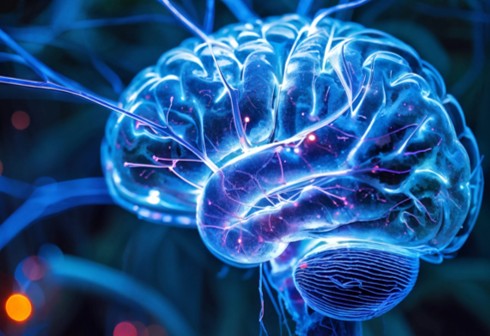
- Nositelj kolegija: Božena Ćurko-Cofek
- Izvođač kolegija: Tanja Grubić Kezele
- Izvođač kolegija: Hrvoje Jakovac
- Izvođač kolegija: Elizabeta Kostelac
- Izvođač kolegija: Natalia Kučić
- Izvođač kolegija: Alen Omerović
- Nositelj kolegija: Olga Cvijanović Peloza
- Izvođač kolegija: Tanja Ćelić Črnac
- Izvođač kolegija: Ivan Šoša
- Izvođač kolegija: Sanja Zoričić Cvek
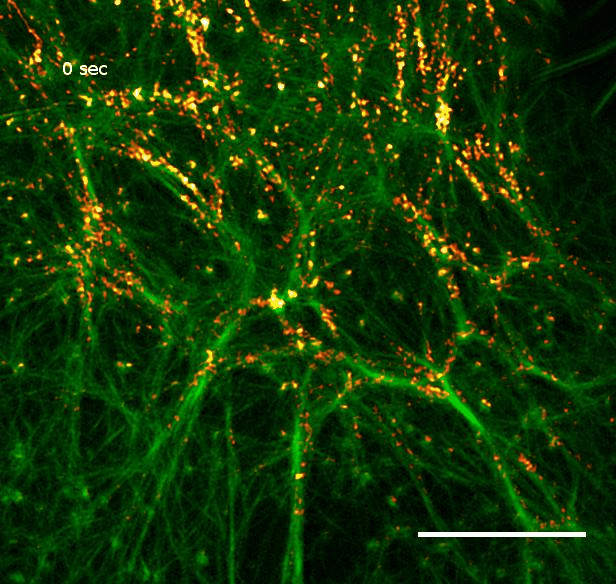
- Nositelj kolegija: Gordana Žauhar
- Izvođač kolegija: Marija Čargonja
- Izvođač kolegija: Slaven Jurković
- Izvođač kolegija: Marijana Majetić
- Izvođač kolegija: Marija Musulin
- Izvođač kolegija: Ivan Pribanić
- Izvođač kolegija: Marta Žuvić

- Nositelj kolegija: Maja Abram
- Izvođač kolegija: Sandra Abramović
- Izvođač kolegija: Maša Antonić
- Izvođač kolegija: Gabrijela Begić
- Izvođač kolegija: Ivana Gobin
- Izvođač kolegija: Katja Lipošćak
- Izvođač kolegija: Mirna Mihelčić
- Izvođač kolegija: Bojana Mohar Vitezić
- Izvođač kolegija: Danica Rebić
- Izvođač kolegija: Marina Šantić
- Izvođač kolegija: Ivana Škrobonja
- Izvođač kolegija: Gabriel Tomas
- Izvođač kolegija: Ina Viduka
- Izvođač kolegija: Darinka Vučković
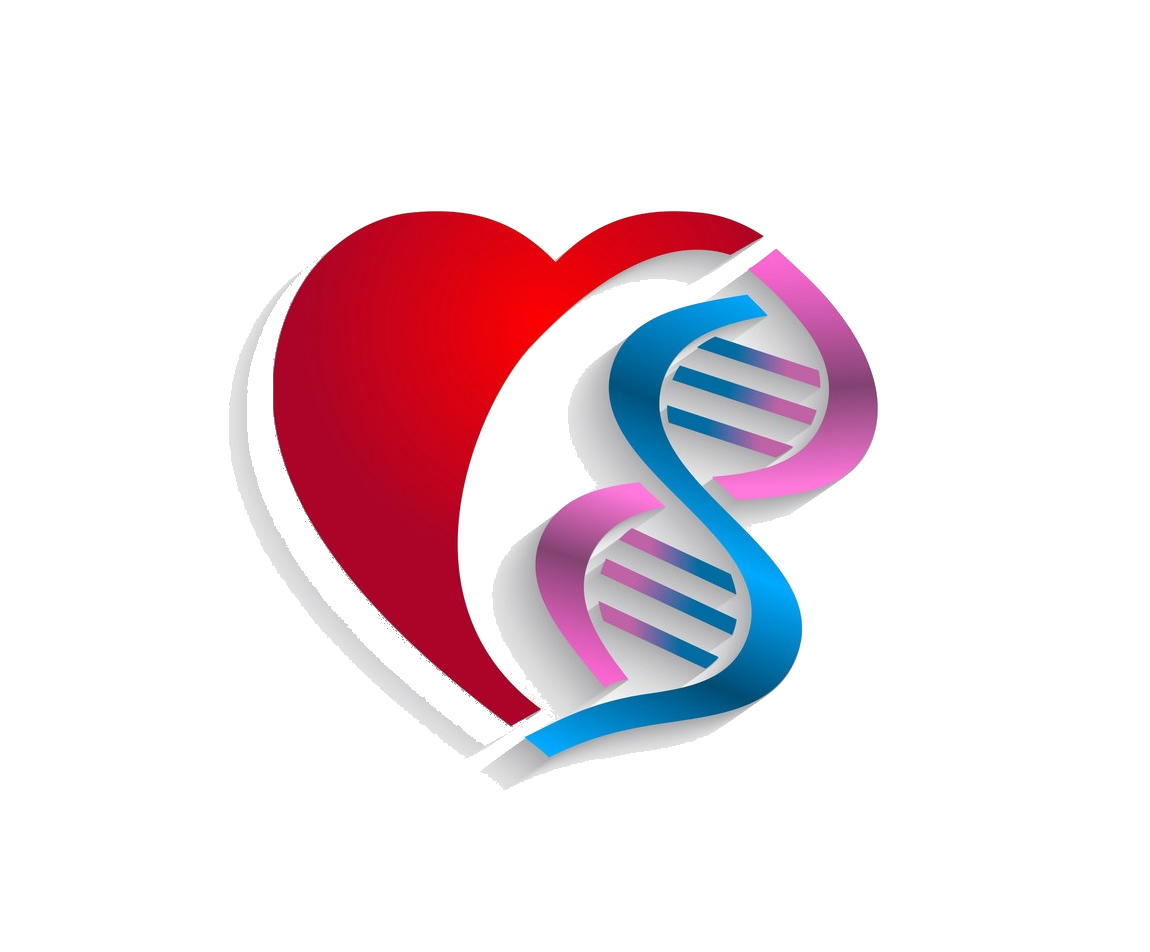
- Nositelj kolegija: Nina Pereza
- Izvođač kolegija: Sanja Dević Pavlić
- Izvođač kolegija: Tea Mladenić
- Izvođač kolegija: Saša Ostojić
- Izvođač kolegija: Lara Saftić Martinović
- Izvođač kolegija: Ivana Stanković Matić
- Izvođač kolegija: Nada Starčević-Čizmarević
- Izvođač kolegija: Jadranka Vraneković
- Nositelj kolegija: Gordana Pelčić
- Izvođač kolegija: Toni Buterin
- Izvođač kolegija: Robert Doričić
- Izvođač kolegija: Igor Eterović
- Nositelj kolegija: Gordana Čanadi Jurešić
- Izvođač kolegija: Lara Batičić
- Izvođač kolegija: Damir Klepac
- Izvođač kolegija: Mirna Petković Didović
- Izvođač kolegija: Marin Tota
- Izvođač kolegija: Iva Vukelić

- Nositelj kolegija: Sanja Dević Pavlić
- Izvođač kolegija: Ines Benčik
- Izvođač kolegija: Alena Buretić-Tomljanović
- Izvođač kolegija: Tea Mladenić
- Izvođač kolegija: Saša Ostojić
- Izvođač kolegija: Nina Pereza
- Izvođač kolegija: Lara Saftić Martinović
- Izvođač kolegija: Nada Starčević-Čizmarević
- Izvođač kolegija: Jadranka Vraneković
- Nositelj kolegija: Vanja Pupovac
- Izvođač kolegija: Ana Depope
- Nositelj kolegija: Amir Muzur
- Izvođač kolegija: Toni Buterin
- Izvođač kolegija: Robert Doričić
- Izvođač kolegija: Igor Eterović
- Nositelj kolegija: Sven Maričić
- Nositelj kolegija: Sanja Klobučar
- Izvođač kolegija: Igor Barković
- Izvođač kolegija: Ivan Bubić
- Izvođač kolegija: Ljiljana Bulat-Kardum
- Izvođač kolegija: Zlatko Čubranić
- Izvođač kolegija: Renata Dobrila-Dintinjana
- Izvođač kolegija: Neven Franjić
- Izvođač kolegija: Aron Grubešić
- Izvođač kolegija: Goran Hauser
- Izvođač kolegija: Tomislav Jakljević
- Izvođač kolegija: Dubravka Jurišić-Eržen
- Izvođač kolegija: Vanja Licul
- Izvođač kolegija: Brankica Mijandrušić-Sinčić
- Izvođač kolegija: Sandra Milić
- Izvođač kolegija: Srđan Novak
- Izvođač kolegija: Lidija Orlić
- Izvođač kolegija: Dragana Pauletić
- Izvođač kolegija: Duška Petranović
- Izvođač kolegija: Goran Poropat
- Izvođač kolegija: Sanjin Rački
- Izvođač kolegija: Alen Ružić
- Izvođač kolegija: Davor Štimac
- Izvođač kolegija: Tamara Turk Wensveen
- Izvođač kolegija: Toni Valković
- Izvođač kolegija: Teodora Zaninović-Jurjević
- Izvođač kolegija: Luka Zaputović
- Izvođač kolegija: Stela Živčić-Ćosić
- Nositelj kolegija: Pero Lučin
- Izvođač kolegija: Božena Ćurko-Cofek
- Izvođač kolegija: Tamara Gulić
- Izvođač kolegija: Ljerka Karleuša Mujkić
- Izvođač kolegija: Elizabeta Kostelac
- Izvođač kolegija: Hana Mahmutefendić Lučin
- Izvođač kolegija: Marina Marcelić
- Izvođač kolegija: Ines Mrakovčić-Šutić
- Izvođač kolegija: Barbara Radić
- Izvođač kolegija: Zlatko Trobonjača
- Nositelj kolegija: Felix Wensveen
- Izvođač kolegija: Marina Babić Čač
- Izvođač kolegija: Ilija Brizić
- Izvođač kolegija: Vedrana Jelenčić
- Izvođač kolegija: Stipan Jonjić
- Izvođač kolegija: Vanda Juranić Lisnić
- Izvođač kolegija: Astrid Krmpotić
- Izvođač kolegija: Maja Lenartić
- Izvođač kolegija: Bojan Polić
- Izvođač kolegija: Marko Šestan
- Izvođač kolegija: Jelena Tomac
- Nositelj kolegija: Maja Lenartić
- Nositelj kolegija: Alemka Brnčić-Fischer
- Izvođač kolegija: Aleks Finderle
- Izvođač kolegija: Marko Klarić
- Izvođač kolegija: Tatjana Mužik
- Izvođač kolegija: Neda Smiljan-Severinski
- Izvođač kolegija: Tea Štimac

- Nositelj kolegija: Lara Batičić
- Izvođač kolegija: Paola Car
- Izvođač kolegija: Ivana Marić
- Izvođač kolegija: Vlatka Sotošek
- Nositelj kolegija: Mirna Bobinac
- Izvođač kolegija: Alen Protić
- Nositelj kolegija: Branislava Popović
- Izvođač kolegija: Nina Bašić Marković
- Izvođač kolegija: Tatjana Čulina
- Izvođač kolegija: Ines Diminić-Lisica
- Izvođač kolegija: Ana Lesac Brizić
- Izvođač kolegija: Aleksandar Ljubotina
- Izvođač kolegija: Nives Radošević Quadranti
- Izvođač kolegija: Nives Radošević Quadranti
- Izvođač kolegija: Tamara Sinožić
- Izvođač kolegija: Ivana Šutić
- Izvođač kolegija: Jasna Vučak
- Nositelj kolegija: Saša Horvat
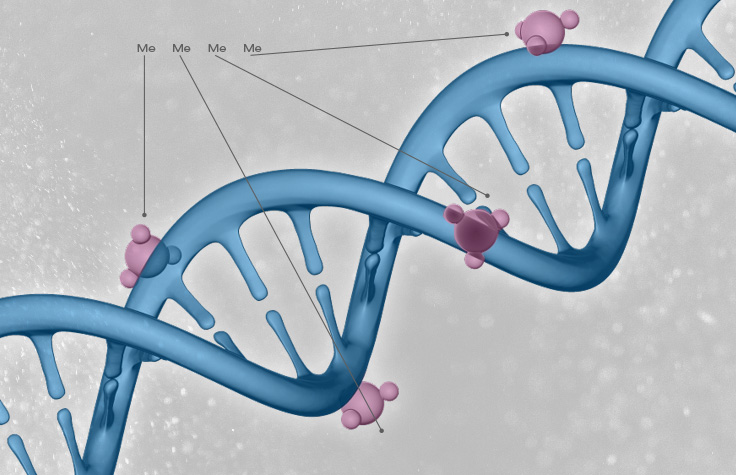
- Nositelj kolegija: Sanja Dević Pavlić
- Nositelj kolegija: Branko Kolarić
- Izvođač kolegija: Tomislav Rukavina
- Izvođač kolegija: Gordana Šimunković
- Izvođač kolegija: Dinko Štajduhar
- Izvođač kolegija: Vanja Tešić
- Izvođač kolegija: Morana Tomljenović
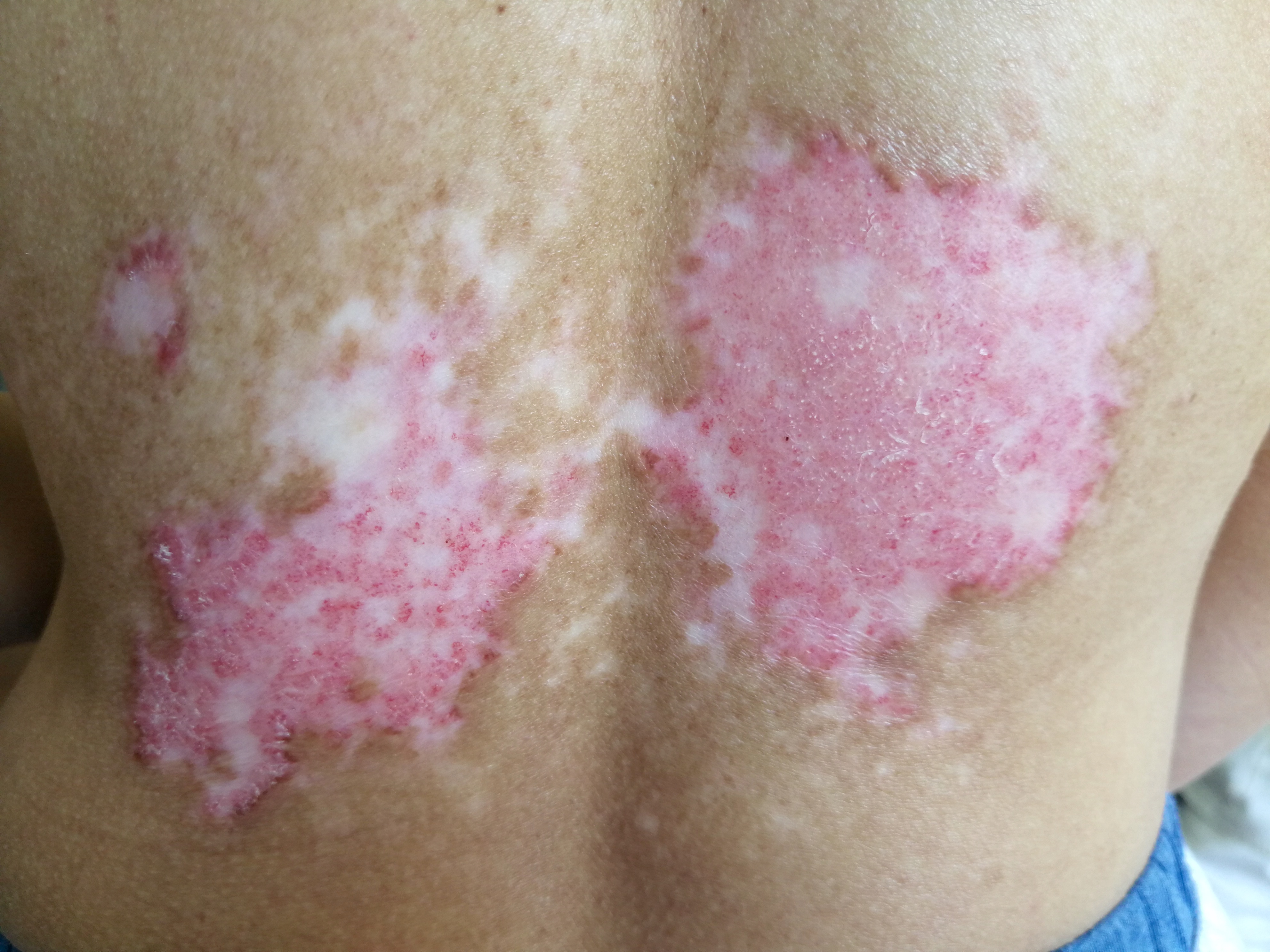
- Nositelj kolegija: Sandra Peternel
- Izvođač kolegija: Larisa Prpić Massari
- Nositelj kolegija: Nina Bašić Marković
- Nositelj kolegija: Gordana Pelčić
- Izvođač kolegija: Toni Buterin
- Nositelj kolegija: Alen Ružić
- Izvođač kolegija: Igor Barković
- Izvođač kolegija: Sandro Brusich
- Izvođač kolegija: Ivan Bubić
- Izvođač kolegija: Ljiljana Bulat-Kardum
- Izvođač kolegija: Aleksandar Čubranić
- Izvođač kolegija: Zlatko Čubranić
- Izvođač kolegija: Neven Franjić
- Izvođač kolegija: Aron Grubešić
- Izvođač kolegija: Goran Hauser
- Izvođač kolegija: Tomislav Jakljević
- Izvođač kolegija: Dubravka Jurišić-Eržen
- Izvođač kolegija: Sanja Klobučar
- Izvođač kolegija: Vanja Licul
- Izvođač kolegija: Brankica Mijandrušić-Sinčić
- Izvođač kolegija: Ivana Mikolašević
- Izvođač kolegija: Sandra Milić
- Izvođač kolegija: Srđan Novak
- Izvođač kolegija: Dragana Pauletić
- Izvođač kolegija: Duška Petranović
- Izvođač kolegija: Goran Poropat
- Izvođač kolegija: Sanjin Rački
- Izvođač kolegija: Davor Štimac
- Izvođač kolegija: Vjekoslav Tomulić
- Izvođač kolegija: Tamara Turk Wensveen
- Izvođač kolegija: Toni Valković
- Izvođač kolegija: Teodora Zaninović-Jurjević
- Izvođač kolegija: Luka Zaputović
- Izvođač kolegija: Stela Živčić-Ćosić
- Nositelj kolegija: Dinko Vitezić
- Izvođač kolegija: Sandra Knežević
- Nositelj kolegija: Srđan Novak
- Izvođač kolegija: Igor Barković
- Izvođač kolegija: Sandro Brusich
- Izvođač kolegija: Ivan Bubić
- Izvođač kolegija: Ljiljana Bulat-Kardum
- Izvođač kolegija: Aleksandar Čubranić
- Izvođač kolegija: Zlatko Čubranić
- Izvođač kolegija: Renata Dobrila-Dintinjana
- Izvođač kolegija: Goran Hauser
- Izvođač kolegija: Tomislav Jakljević
- Izvođač kolegija: Dubravka Jurišić-Eržen
- Izvođač kolegija: Sanja Klobučar
- Izvođač kolegija: Vanja Licul
- Izvođač kolegija: Brankica Mijandrušić-Sinčić
- Izvođač kolegija: Ivana Mikolašević
- Izvođač kolegija: Sandra Milić
- Izvođač kolegija: Lidija Orlić
- Izvođač kolegija: Dragana Pauletić
- Izvođač kolegija: Duška Petranović
- Izvođač kolegija: Goran Poropat
- Izvođač kolegija: Sanjin Rački
- Izvođač kolegija: Alen Ružić
- Izvođač kolegija: Davor Štimac
- Izvođač kolegija: Vjekoslav Tomulić
- Izvođač kolegija: Tamara Turk Wensveen
- Izvođač kolegija: Toni Valković
- Izvođač kolegija: Teodora Zaninović-Jurjević
- Izvođač kolegija: Luka Zaputović
- Izvođač kolegija: Stela Živčić-Ćosić
- Nositelj kolegija: Saša Horvat
- Nositelj kolegija: Saša Horvat
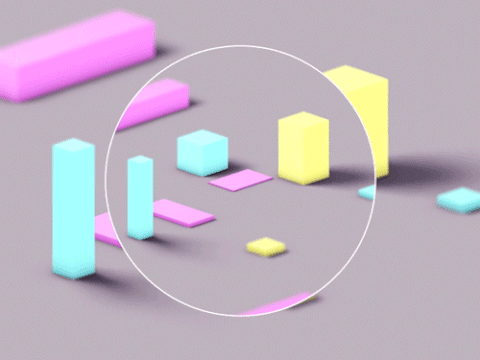
- Nositelj kolegija: Gordana Žauhar
- Izvođač kolegija: Marijana Majetić
- Izvođač kolegija: Doris Šegota Ritoša
- Izvođač kolegija: Marta Žuvić
- Nositelj kolegija: Dijana Detel
- Izvođač kolegija: Lara Batičić
- Izvođač kolegija: Sunčica Buljević
- Izvođač kolegija: Robert Domitrović
- Izvođač kolegija: Iva Suman
- Nositelj kolegija: Sven Maričić
- Nositelj kolegija: Tanja Ćelić Črnac
- Izvođač kolegija: Juraj Arbanas
- Izvođač kolegija: Olga Cvijanović Peloza
- Izvođač kolegija: Bojana Čulev
- Izvođač kolegija: Romana Jerković Kraljić
- Izvođač kolegija: Ivana Marić
- Izvođač kolegija: Mia Medić
- Izvođač kolegija: Tamara Šoić-Vranić
- Izvođač kolegija: Sanja Zoričić Cvek
- Nositelj kolegija: Vlatka Sotošek
- Izvođač kolegija: Danijel Knežević
- Izvođač kolegija: Petra Volf Žiković
- Nositelj kolegija: Sandra Peternel
- Nositelj kolegija: Sven Maričić
- Nositelj kolegija: Vanja Pupovac
- Izvođač kolegija: Ana Depope
